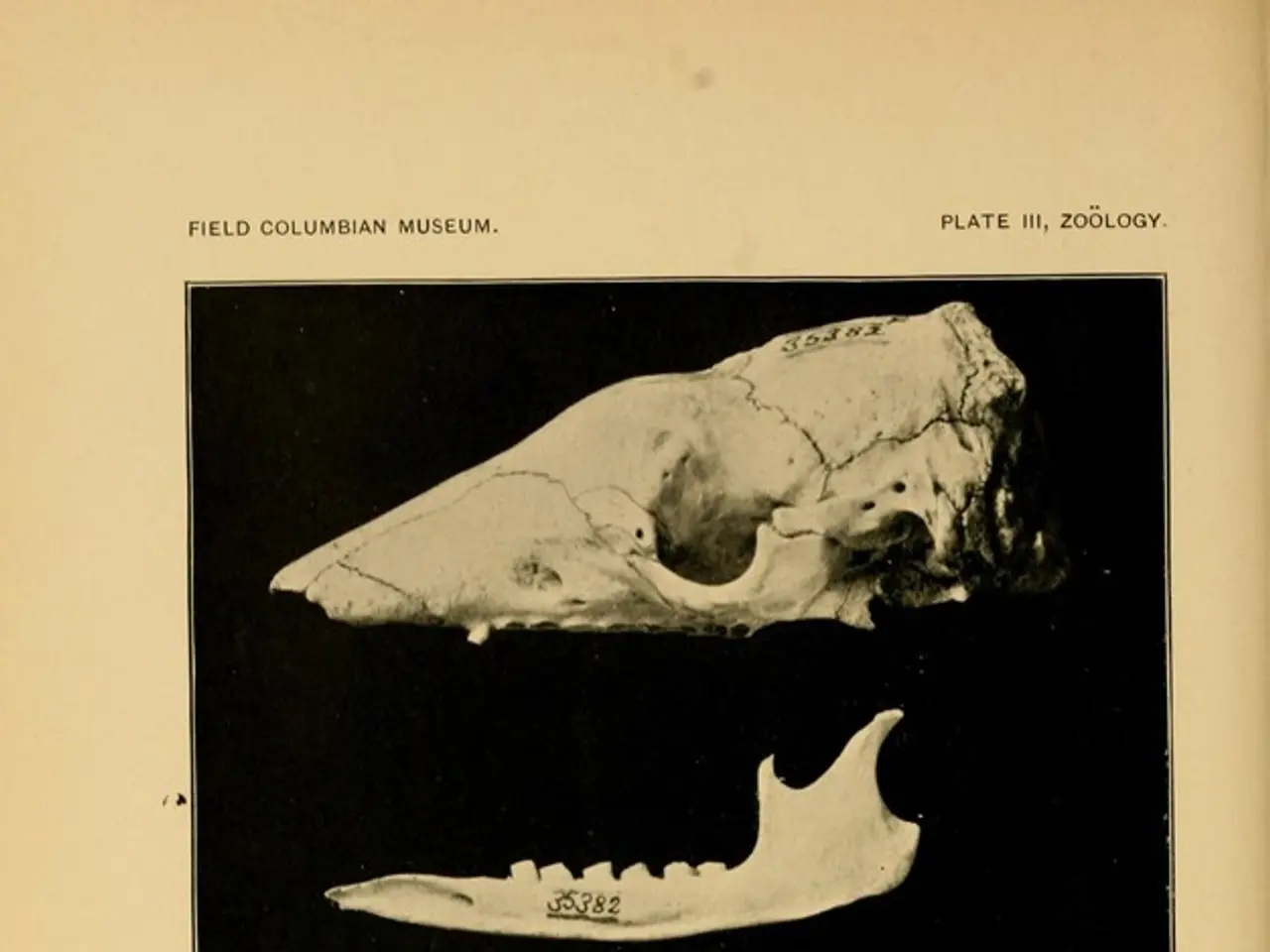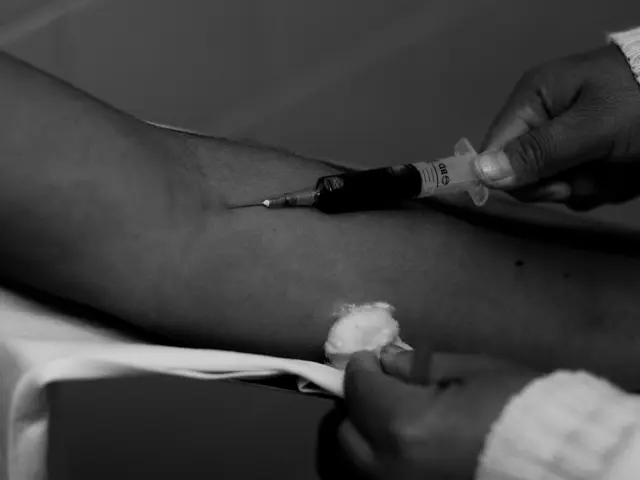Duchenne Muscular Dystrophy: Causes, Symptoms, and Inheritance
Duchenne muscular dystrophy (DMD), a genetic disorder primarily affecting males, is caused by mutations in the DMD gene. This gene, located on the X chromosome, produces dystrophin, a protein crucial for muscle stability and function. Females can be carriers, but typically show minimal symptoms due to their second X chromosome.
DMD leads to progressive muscle weakness, making daily activities challenging. It also increases the risk of life-threatening heart and breathing problems. Low dystrophin levels cause muscle injury and inflammation, further exacerbating weakness.
About one-third of DMD cases result from spontaneous, or 'de novo', mutations. Most cases, however, are inherited, with males developing the condition if their X chromosome has a gene change. Females become carriers if one of their X chromosomes is affected, but they usually remain asymptomatic.
DMD is not preventable in children with the gene changes, but genetic counseling can help manage risks. Women with a family history of DMD or related genetic mutations have an increased likelihood of being carriers, even if their children are unaffected. Understanding and managing DMD relies on genetic counseling and regular health monitoring.
Read also:
- Stephanie Estremera Gonzalez: From Medical Assistant to Residential Manager at The Point/Arc
- Impact of a Government Shutdown on Citizens
- Medical Specialist Based in Visakhapatnam
- Individuals in New York afflicted by Legionnaires' disease have legitimate legal entitlements. Here's some essential information on the matter.








